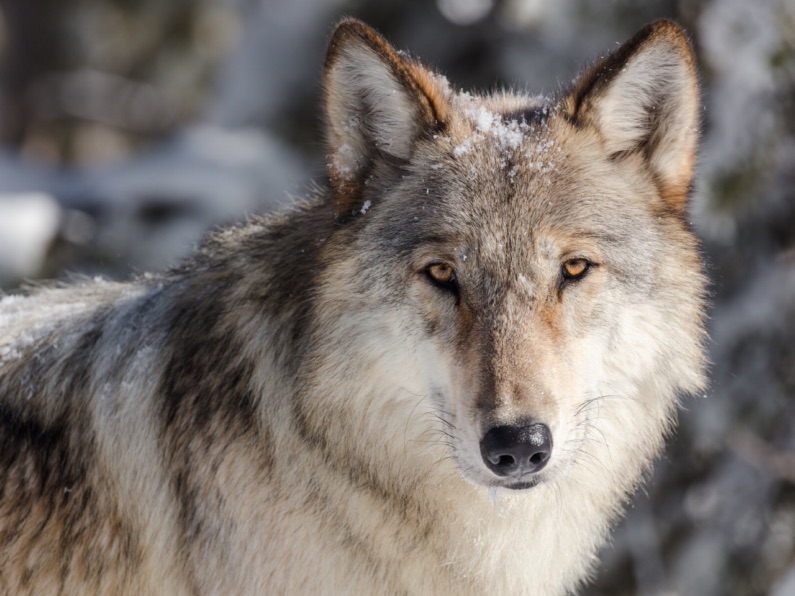Ask most any person in the American West how they feel about wolves and you’re bound to get a strong reaction. Wolves hold a mystique in the human psyche. Take Romulus and Remus, the founders of the Roman Empire, who, legend has it, were nursed by a wolf as infants. Kipling’s Mowgli in the “Jungle Book” has a wolf as his adopted mother. There’s the Big Bad Wolf in “Little Red Riding Hood” and the wolf who blew the house down in the “Three Little Pigs.” The list goes on.

Philippa Forrester (Courtesy photo)
When British writer Philippa Forrester moved with her family in 2015 to western Wyoming, she began an exploration of why people think and feel the way they do about wolves. It’s a polarizing topic that often pits conservationists who have rallied for the reintroduction and protection of wolves against those who make their living off of the land, like ranchers, whose livestock have faced depredation from the species. Her inquiry led to conversations with biologists, ranchers and hunters—an exploration she documented in her fourth book, “On the Trail of Wolves.”
Listen above for more.






